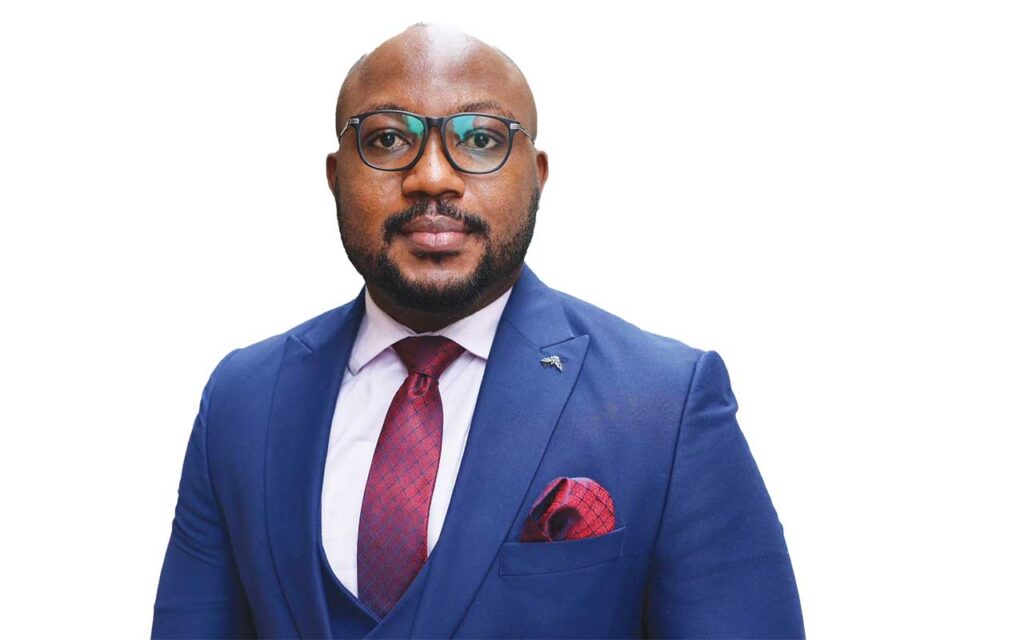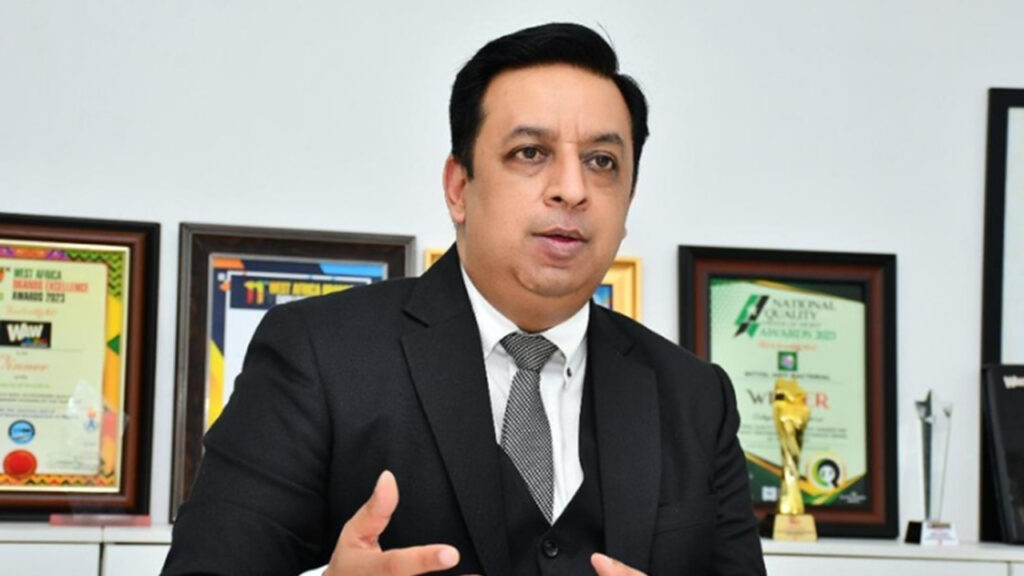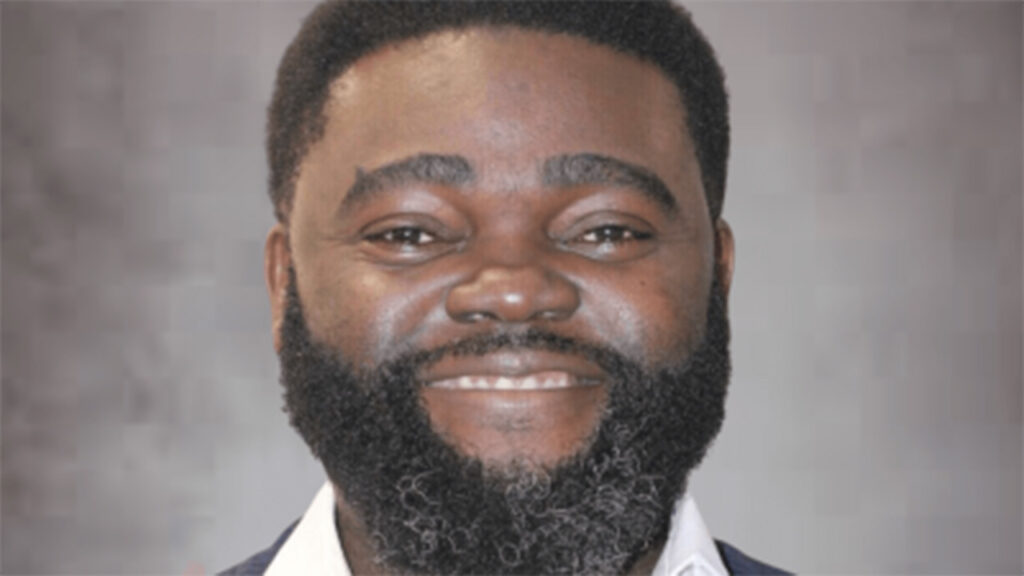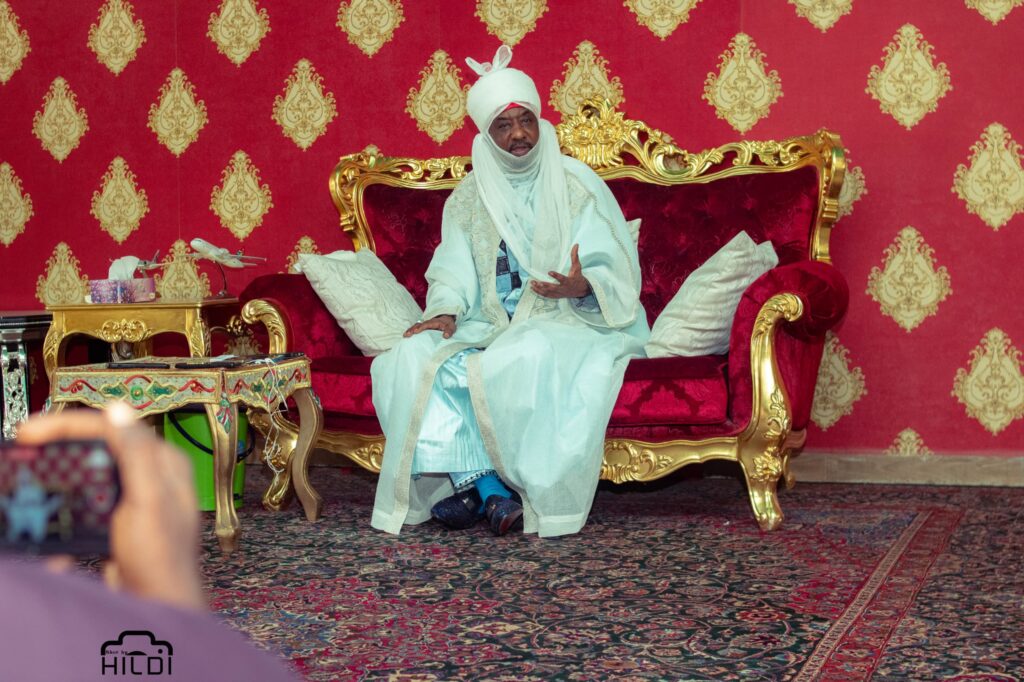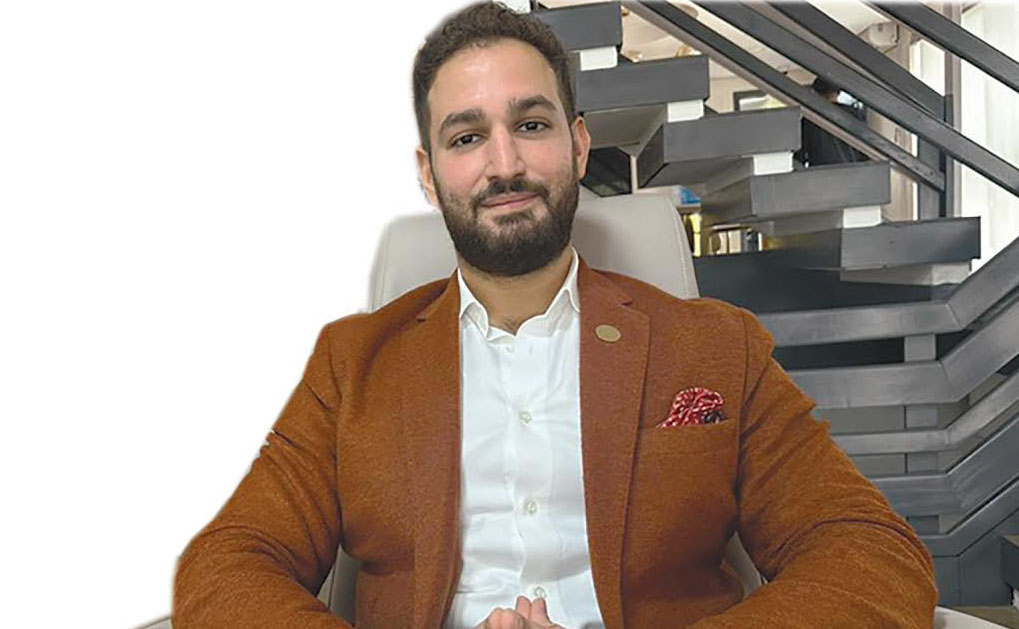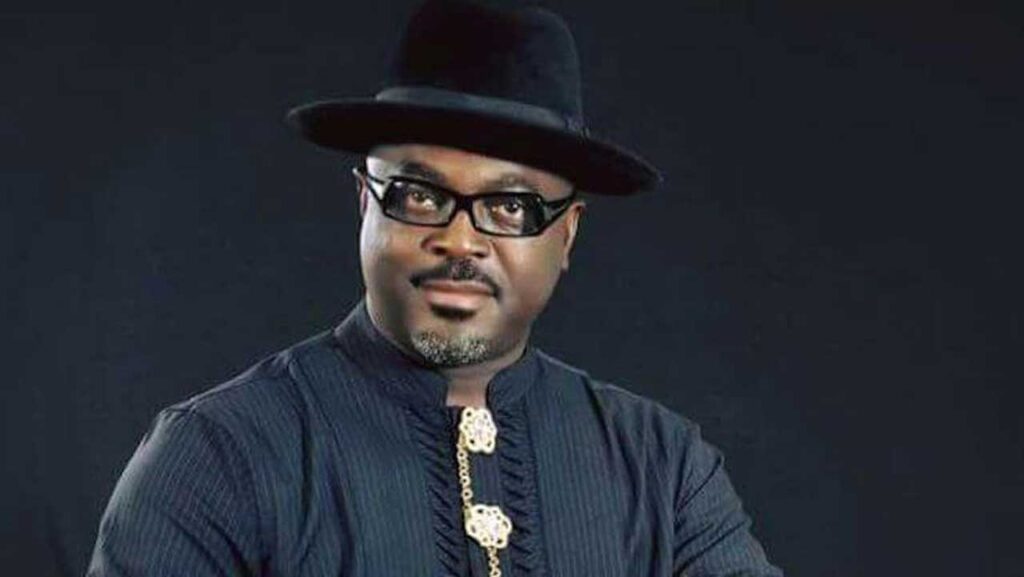
His Royal Majesty, King Charles Ayemi-Botu, OFR, ‘aka’ Lion of the Niger’ is the paramount ruler of Seimbiri Kingdom in Burutu Local Government Area of Delta State, the first elected national chairman of the Traditional Rulers of Oil and Gas Producing Communities of Nigeria (TROMPCON) and now the chairman, Board of Trustees/life patron of TROMPCON in his local council. ln this interview with OBIRE ONAKEMU, he speaks on how to achieve a sustainable presidential system of government, state of the nation and the Niger Delta, among other issues. Excerpts:
How has it been since ascending the throne of your fathers and what are the challenges thus far?
I was enthroned as the paramount ruler of Seimbiri Kingdom on 2nd of April 1994 and it has been very eventful and epoch making. I give all the glory, honour and adoration to the Almighty God.
Traditionally, monarchs are apolitical and are not expected to partake in partisan politics except our traditional advisory roles in ensuring peaceful coexistence, security and development of our various domains, localities, states and the country in general. Naturally, man is a political animal but unfortunately, the military- indoctrinated 1999 Constitution does not specify any role for traditional rulers and we are being relegated to the lowest ebb. Even in order of protocol at public functions, local government chairmen are recognised first before traditional rulers, and quickly followed by gentleman of the press, and lastly distinguished ladies and gentlemen. This is absurd and awkward but that’s Nigeria, where anything goes.
What is your reaction to the current socio-economic, political and security challenges in the country?
Nigeria, like the popular saying, is God’s own country and is bequeathed with abundant natural and human resources. But we are bereft of patriotic, transparent, humane, selfless and responsible leaders that place the interest of the country above their parochial and self-serving interest. That has been the case with successive governments, be it military or civilian. It is a cankerworm that is destroying the country. It’s an assumed policy of the political leaders to jettison their campaign manifestos or promises as soon as they are sworn into office and turn the governance of the states and country to a family business to amass humongous wealth from crude oil proceeds.
We all are witnesses to the fact that the two major ruling ethnic groups in the country have been turning the pendulum to their advantage by appointing their kinsmen into all the juicy offices, giving out oil blocks for eight years. Since the exit of military rule in 1999, about 24 years ago, Nigerians have passed through hell in terms of maladministration, brazen insecurity, killings through killer herdsmen, banditry, Boko Haram, kidnapping, abnormal hikes in prices of petroleum products, epileptic power supply and rapid fall in the value of the naira, among others.
What is the way out of the myriad of challenges?
The way out is to heed the wise counsel in the famous and indelible inaugural speech of the late President of the United States of America, Mr. John Fitzgerald Kennedy who said “ask not what your country can do for you, ask what you can do for your country.” That is the greatest challenge to all those Nigerians jostling for political offices in the country. ‘He who comes into equity must come with clean hands’.
After 63 years of independence, Nigerians are still grappling with lack of credible, patriotic, transparent, selfless and all-encompassing leaders. The country has been recycling greedy and biased leaders that will not only be President but also minister of Petroleum Resources to control the economic live wire of the nation.
There is clamour for true federalism. Will it solve our problems as a nation?
Nigeria jettisoned parliamentary system initiated by her former colonial master –Britain – and copied presidential system of government from the United States of America without the rules and policies, which have to do with the ownership of resources by the federating states, payment of royalty to the central government for the overall benefits of the federation while the states will manage their resources.
Recall that in the 50s, agro-economy was the main economy of Nigeria. The Principle of Derivation was 50/50, half to the state and balance to federal and the three regions. The North was producing groundnut, cotton; the East, palm produce, coal and so on and the West, cocoa, rubber and there was competitive development strides in all the regions without recourse to the Federal Government. There was the multi-storey Cocoa House, Western Nigeria Television (WNTV), Western Nigeria Broadcasting Station (WNBS), first in Africa, University of Ibadan (U.I) and others in the West while the North had multi-storey Hamdala Hotels,
Ahmadu Bello University just as there was the coalmine in Enugu, Onitsha Market and the University of Nsukka in the East. The regions were flourishing, but when the black gold, crude oil, was struck at Oloibiri in 1956 and rose to commercial quantity, the Principle of 50 per cent derivation fund was thrown to the wind and with the outbreak of the Nigeria – Biafra Civil War, General Gowon, the then Head of State of Nigeria used the proceeds from the sale of crude oil to execute the war. The people of the Niger Delta, the major producers of the black gold could not benefit from the 50 per cent Derivation Fund but contended with a paltry 13 per cent, courtesy of the late General Sani Abacha. They were shortchanged by the powers that be.
The way to achieve a sustainable presidential system of government is to adhere to the tenets of true fiscal federalism as being practised in the developed countries like the USA. Until we do that, Nigeria will be drifting to extinction due to avarice, inept corruption and winner-takes-all syndrome.
How can Nigeria’s diversity be harnessed for the greater good of all of us?
To harness Nigeria’s diversity in an all- inclusive manner to achieve greater heights and sustainable development may be a mirage, a triangle that will be very difficult to straighten. The problems Nigerians are contending with are traceable to the British colonial masters through Sir Lord Frederick Lugard, then governor general of both the Northern and Southern protectorates and Lagos Colony that were amalgamated on January 1,1914 during which a treaty was signed for 100 years of British rule. Forty-six years later in 1960, Nigeria got her independence.
Intelligence reports from the archives in Nigeria and in England indicte that the name Nigeria was coined by Lugard’s wife, Flora because the great River Niger has its source from the Futa Jalon Hills in Timbuktu in present day Mali and flows through the country, Baro, Lokoja, Onitsha and terminates in the Delta. Intriguingly, the problematic 1914 Amalgamation Treaty that was written by the Secretary of State for the Colonies of the United Kingdom, Mr. Lewis Vernon Harcourt, as directed by Lugard was taken to England by Mr. Harcourt whom Lugard compensated by naming the port city, Port-Harcourt, after him.
But the multi- billion naira questions clamoring for response are: Who were the Nigerians that signed the Treaty with Lugard and where is our copy?
The so-called problematic treaty expired after 100 years (1914 to 2014). Hence, in my interview with Vanguard in 2012, I urged former President Goodluck Jonathan to convoke a sovereign national conference to deliberate and redefine our destiny as a nation, but I was quickly rebuffed as it might affect his presidency. Perhaps it later dawned on him to convene a national conference at the twilight’s of his tenure in 2014, but his successor has no business implementing it as it was considered counter productive to his policies and programmes of eight years of abysmal rulership. It’s quite obvious that nine years after the expiration of the treaty and 63 years of Nigeria independence, the best bet is for the incoming administration to convoke a sovereign national conference of all ethnic nationalities to redefine the way forward, politically, socially and economically. It’s then and only then Nigeria will be given her pride of place in the committee of nations.
What can you say about the state of the Niger Delta at the moment; what would be your advice to the in-coming administration on the oil-rich region?
The Niger Delta, nay the Ijaws, who are the fourth largest population in Nigeria and balkanised along the coastal belt with its harsh and dreaded terrain is the geographical hub that Nigeria rests on and God in His infinite mercy richly blessed it as the economic life wire of the country, with abundant natural resources. But, unfortunately, Niger Delta belongs to the minority region and is denied control of the resources by the major ethnic groups with the acronym WAZOBIA. All the accruing wealth is stashed away to develop the West or the North and the resultant agitation by youths and leaders of the oil-rich Delta provided some succour through the establishment of the defunct OMPADEC, which later metamorphosed to NDDC, and the 13 per cent paltry Derivation Fund under the aegis of TROMPCON against the 50 per cent when agro-economy was the order of the day.


